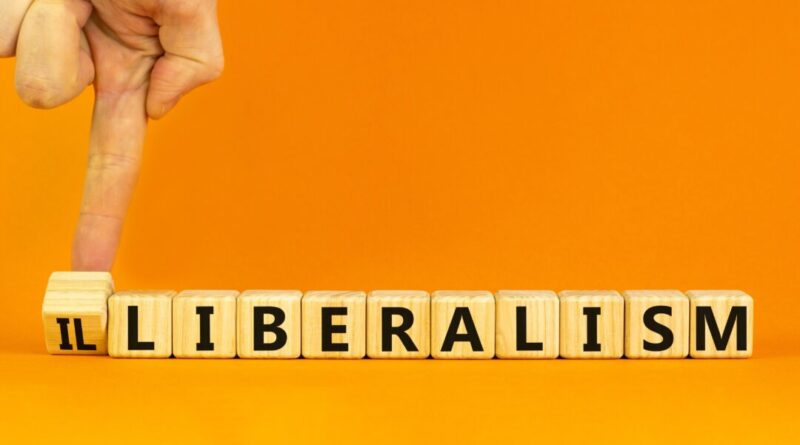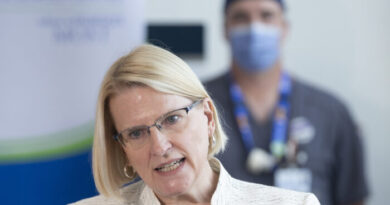Reviewing MacKinnon’s ‘Confronting Illiberalism’: Exploring the Evolving Landscape of Liberalism
Commentary
Peter MacKinnon: A Look at Liberalism and Illiberalism in Canadian History
Peter MacKinnon, a lawyer, former law professor, and former Dean of Law at the University of Saskatchewan, has had a distinguished career. He has also served as president of the University of Saskatchewan and as an interim president at both Athabasca University and Dalhousie. In January 2020, he resigned from his position at Dalhousie.
In a January 2019 interview with Dal News, MacKinnon discussed his goals as an author. He expressed a desire to write about policy rather than a memoir or local history, following his time as president at the University of Saskatchewan.
MacKinnon’s approach to policy has been described as moderate and sensible. For example, during his tenure as president of the University of Saskatchewan, he played a role in establishing the Gordon Oakes Red Bear Student Centre, which aimed to support and retain First Nations students. In his book “Confronting Illiberalism: A Canadian Perspective,” MacKinnon reflects on the importance of creating spaces where Indigenous and non-Indigenous students can come together to learn from each other.
However, MacKinnon has also taken a stand against illiberal practices. He declined a request from Muslim students to create a space exclusively for their daily prayers, citing the university’s commitment to being a public, secular institution.
He criticized initiatives like Trent University’s “Freedom Lounge,” which sought to exclude white students with certain opinions. MacKinnon argues that such actions are examples of illiberalism that undermine liberal principles.
MacKinnon’s examination of illiberalism is timely, given the rise of populism and divisive ideologies in Western Canada. He questions the exclusionary practices seen in initiatives like the “cluster hiring initiative” and the treatment of individuals like Lindsay Shepherd by institutions like Wilfrid Laurier University.
MacKinnon’s discussion of trust, accountability, and the role of journalism subsidies reveals his commitment to upholding democratic values. However, he also highlights the potential pitfalls of government intervention in the media, cautioning against bureaucratic control.
While MacKinnon’s insights on illiberalism are valuable, the complexity of liberalism as a political ideology complicates our understanding of the concept. As liberalism evolves over time, its meaning and policies can shift, leading to debates over what constitutes true liberalism.
Overall, Peter MacKinnon’s examination of liberalism and illiberalism in Canadian history raises important questions about the changing nature of political ideologies and the need for careful consideration of their impact on society.
Dr. Barry Cooper is a Professor of Political Science at the University of Calgary and a Senior Fellow with the Aristotle Foundation for Public Policy and the Royal Society of Canada. The views expressed in this article are the author’s own and do not necessarily reflect those of The Epoch Times.



